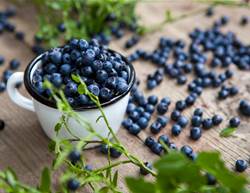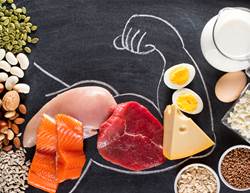Chronic inflammation can take a serious toll on your body. While cutting out foods that trigger inflammation is one way to minimise harm, healing through food is also possible. A simple first step? Add more anti-inflammatory fruits to your diet—and watermelon is high on the list.
The pink and green fruit is more than just a refreshing treat. “It’s a natural source of lycopene, a plant compound that gives watermelon its red-pink hue,” explains dietitian Lauren Manaker. “Data published in Molecules suggest that a drop in lycopene levels may be one of the earliest signs of low-grade inflammation, so keeping your levels up could support your body’s inflammatory response.”
Watermelon also provides vitamin C, which helps reduce inflammation and gives your immune system a boost.
If you’re committed to supporting your long-term health, adopting an anti-inflammatory eating pattern is a smart move. “An anti-inflammatory diet focuses on whole, nutrient-dense foods that work with your body’s natural defences,” says Manaker. “It’s not about restriction—it’s about abundance. Think more colourful fruits and vegetables, more healthy fats, and fewer ultra-processed, sugary or fried foods.”
That includes staples like whole grains, nuts, seeds and oily fish rich in omega-3s—salmon and mackerel are great options.
Why does inflammation matter so much? When left unchecked, chronic inflammation can disrupt your body’s normal functions and increase your risk of serious health conditions like heart disease, type 2 diabetes, arthritis and some types of cancer.
So, if you’re looking for an easy way to support your health, adding watermelon to your meals is a delicious, fuss-free start.










